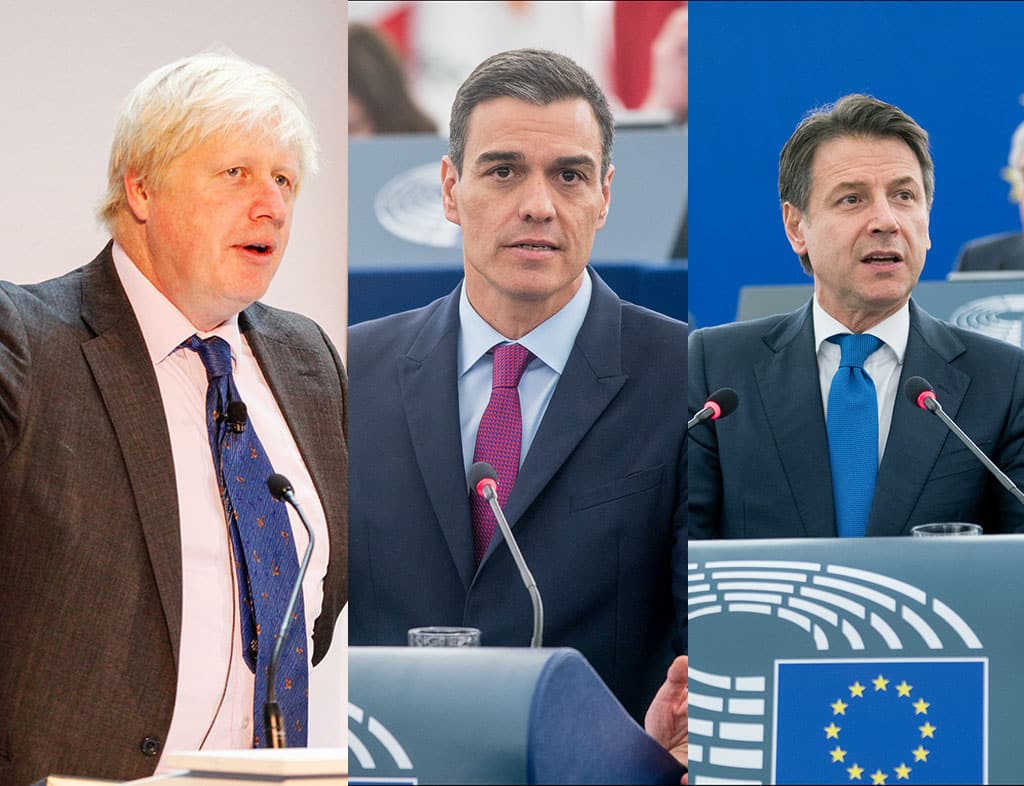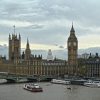
In a matter of months, three major European countries have coincidentally seen changes of leadership and political direction without elections being held: the UK has witnessed Boris Johnson’s ascent with a promise of Brexit at any cost, by contrast to what was agreed with Brussels by his predecessor, Theresa May; Spain has witnessed the rise of the socialist Pedro Sánchez, after a no-confidence motion prompted by allegations of corruption in the People’s Party, replacing Mariano Rajoy; and in Italy, albeit with the same Prime Minister, Giuseppe Conte, a new government and majority, comprising the Five Star Movement (M5S) and the Democratic Party, with a more pro-European focus compared to the earlier coalition between the former and Salvini’s Lega party.
This type of change need not be undemocratic in parliamentary systems. Although it ensures the stability of the system (not the government), it reflects certain problems and the enhanced power of parties and activists. Come what may, however, they all have to end up holding elections, either before or at the expiry of the legislative term if it is not interrupted.
There are important precedents. Winston Churchill, for example, replaced Neville Chamberlain in the UK in May 1940, after the German invasion of France, without an election being held, leading a coalition government and casting the failed policy of appeasing Hitler aside. Indeed, this titan of politics, so admired by Johnson, did not contest an election as Prime Minister until once the Second World War had run its course, in July 1945 (it had been impossible to hold elections during the conflict). He and his Conservative Party lost in a landslide to a Labour Party campaigning on a welfare state agenda to compensate for the hardships of war. Churchill staged a comeback in 1951, this time easily winning at the ballot box.
Helmut Kohl, a Christian Democrat and another major figure, became Chancellor of the then Federal Republic of Germany in October 1982, using a constructive vote of no confidence (a device copied by the Spanish constitution) to topple the Social Democrat Helmut Schmidt, aided by a switch of allegiances by the king-making Liberal party. And he governed until 1998. In Spain there was the case of Leopoldo Calvo-Sotelo who replaced Adolfo Suárez in 1981 and later lost the election of 1982. But this was a case of a change within the same party, the UCD. In the UK it is not even necessary to have an investiture: in order for the Queen to appoint a new Prime Minister it is sufficient for her to consider that he or she has a majority.
These types of change are more likely the more power activists have over parties and parties have over parliaments and executives. In the British Conservative Party, from 1965 to 1998 it was the parliamentary group in the House of Commons that voted internally to decide who would be their leader and Prime Minister. Since then, if there is more than one candidate, Conservative MPs select a shortlist, but the choice between the two frontrunners is decided in a primary election by party members, which is where Johnson won. In general terms, the number of Tory party members has fallen (there were three million mid-way through the last century as opposed to the current 160,000 –70% of them male and 40% aged over 66– of whom 139,000 participated in the election of Johnson, the first time they had been able to take part in such a process) and they have become radicalised, not only on the subject of Brexit. Moreover, with the Fixed-term Parliaments Act, which the Liberal Democrats forced through in 2011, the Prime Minister has lost a significant power: the ability to dissolve parliament at whim.
The Socialist Party in Spain also saw an internal change among its members vis-à-vis the leadership, which a fearless and ambitious Sánchez was able to exploit. In Italy’s democratic system the parties have always predominated, although this time some external pressures may have also played a part, as well as internal ones. Even Donald Trump distanced himself from Salvini to support Conte in this change, as did the French president Emmanuel Macron. Even in a presidential system such as America’s, Trump has taken control of the Republican Party and radicalised it still more.
These practices may mean that the classic separation of powers has changed, with greater influence being wielded by parties, although not necessarily by parliaments. Ultimately everything has to end up with elections, reasonably enough. Overthrowing, or confirming, a head of government without going to the polls may strengthen the victor in the run-up to the election. It is something we have seen before. It is something we are seeing now.


